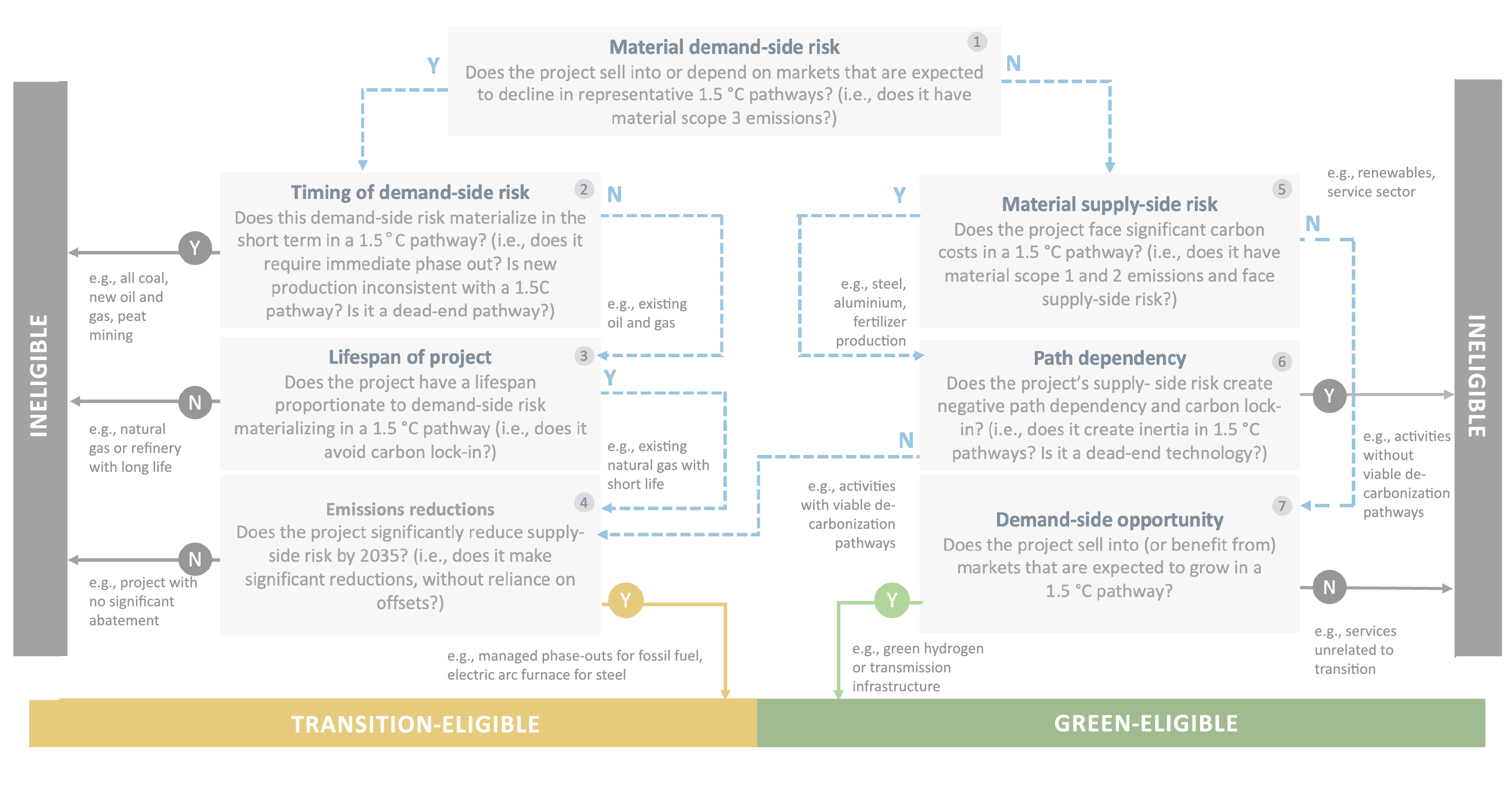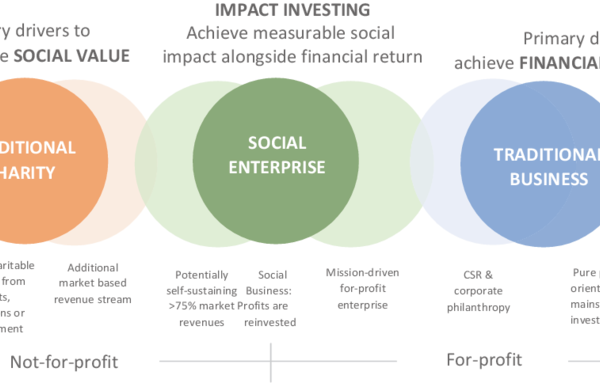2024’s Game-Changers for Canadian SMEs: The Roadmap to Sustainable, Impact-Driven Growth in 2025
In 2024, Canada saw a monumental shift toward sustainability and accountability, with new policies and industry standards taking center stage for businesses across the country. From advancing circular economy practices to addressing climate impact disclosures, it’s clear that Canadian businesses, particularly small and medium-sized enterprises (SMEs), are being called to a higher standard of transparency and social responsibility.
This year’s trends aren’t just about “going green” or showing up for social impact—2024 has marked the beginning of a more regulated, data-driven approach to sustainability. Greenwashing is now under scrutiny, sustainable investment is defined by new standards, and energy solutions are pivoting toward renewables, especially for businesses in remote areas. For Canadian businesses, adapting to these changes isn’t optional; it’s the new competitive edge. The following trends and regulatory shifts are shaping the future of Canadian business, and taking action now will put SMEs at the forefront of sustainable and impactful growth in 2025 and beyond.
Here’s a look at 2024’s key trends in sustainability, social impact, and social purpose in Canada, and a roundup of new regulations every business should have on their radar. Each trend not only highlights where businesses are heading but provides actionable steps to stay ahead as the landscape continues to evolve.
2024’s Big Business Trends
- Pivot to Circular Economy and Waste Reduction
The shift to a circular economy has gained momentum as regulations and public demand push for waste reduction and resource reusability. Initiatives like the Circular Economy Leadership Coalition (CELC) and Canada’s Zero Plastic Waste Strategy have paved the way, encouraging businesses to rethink waste, resources, and sustainable product design.
- Why This Matters: A circular model means more than saving the planet; it’s about smart resource use that cuts costs, meets regulatory needs, and builds customer loyalty. With 75% of Canadian consumers prioritizing brands with a strong sustainability commitment, there’s never been a better time to dive in.
- Take Action: Conduct a materials audit, seek out partnerships with circular solution providers, and make sustainability foundational in your product design.
- 2025 and Beyond: Companies adopting these practices now will have a leg up as regulations tighten, with digital tools emerging to help track, manage, and communicate their circular impact.
- Impact Investing Pours into Social Enterprises
Impact investing is drawing capital into social enterprises, supported by programs like the Investment Readiness Program and rising interest in B Corp certification. For Canadian SMEs, this trend presents a prime opportunity to attract investors looking to back local, scalable solutions to social issues.
- Why This Matters: Social impact isn’t just a nice-to-have for investors; it’s key to attracting new capital. Agile SMBs can leverage this demand to fuel both growth and impact.
- Take Action: Map out your social/environmental contributions, build clear impact metrics, and consider B Corp certification to strengthen investor appeal.
- 2025 and Beyond: Capital will continue flowing toward purpose-driven businesses, with certifications and impact metrics setting up SMEs to solidify their place in this evolving landscape.
- Decentralized Energy and Renewable Adoption
Small businesses are adopting decentralized energy options, like solar, wind, and hydro, thanks to programs such as Canada’s Net-Zero Emissions Accountability Act and Clean Energy for Rural and Remote Communities. These programs make renewables feasible, even for SMEs.
- Why This Matters: Reducing conventional energy dependence cuts costs and builds green credibility, aligning with Canada’s 2050 net-zero target.
- Take Action: Conduct an energy audit, explore grants for renewable installations, consider DEC 2025 Conference, and consider community energy programs, especially if you operate in rural areas.
- 2025 and Beyond: Technological advances will keep renewables accessible, offering competitive advantages for businesses that adopt them now as consumer and regulatory expectations grow.
- Employee Mental Health & Well-Being as a Core Responsibility
With programs like Not Myself Today and government incentives, employee mental health is now a strategic focus. This priority supports retention, engagement, and productivity, making it a central business responsibility.
- Why This Matters: Prioritizing well-being builds loyalty and performance, resonating with today’s workforce, especially younger employees.
- Take Action: Offer wellness stipends, establish a supportive workplace culture, and partner with mental health programs.
- 2025 and Beyond: Preventative mental health will become increasingly important, positioning companies that invest here to attract top talent and investor interest.
- Tech-Powered Sustainability Solutions
From AI-based carbon tracking to predictive waste analytics, technology has become essential for sustainability. Tools like CarbonCure help businesses track and reduce their carbon footprint, improving operational efficiency.
- Why This Matters: Tech-driven solutions meet regulatory requirements and consumer demands, making sustainability measurable and accessible for SMEs.
- Take Action: Invest in AI for tracking and optimizing carbon, use data analytics to reduce waste, and implement transparency tools like sustainability dashboards.
- 2025 and Beyond: Companies leveraging technology for compliance and efficiency will be better positioned to meet future sustainability demands.
Key Regulatory Developments to Watch
1. Greenwashing Regulations
In June 2024, Canada enacted Bill C-59 amending the Competition Act, requiring businesses to substantiate environmental claims to prevent misleading practices.
- Take Action: Review marketing materials for accuracy, implement verification processes, and avoid greenwashing risks by building genuine sustainability into your operations.
2. Mandatory Climate-Related Financial Disclosures
The federal government is introducing mandatory climate-related financial disclosures for certain entities, enhancing transparency on climate risks.
- Take Action: Assess your climate impact, develop reporting mechanisms, and prepare for upcoming disclosure requirements.
3. Made-in-Canada Sustainable Investment Guidelines
These guidelines promote credible climate investments, combat greenwashing, and support net-zero goals by fostering investor confidence in sustainable practices.
- Take Action: Align operations with sustainable investment criteria and pursue relevant certifications to attract investors focused on environmental impact.
4. Enhanced ESG Reporting Focus
With frameworks emerging for standardized disclosures, businesses are expected to enhance transparency in Environmental, Social, and Governance (ESG) practices.
- Take Action: Identify key ESG metrics for your business, track performance, and communicate efforts to stakeholders to build trust.
5. Adoption of Carbon Management Strategies
Canada’s Carbon Management Strategy emphasizes reducing, reusing, and removing CO₂ emissions, encouraging companies to adopt practices that contribute to a net-zero economy.
- Take Action: Conduct a carbon audit, develop emissions reduction plans, and explore renewable energy adoption to contribute to carbon management.
Setting the Standard for Sustainable Success in 2025
2024 has redefined what it means to lead a sustainable, impactful business in Canada. The convergence of forward-thinking trends and stronger regulations—greenwashing provisions, climate disclosures, sustainable investment standards—signals a new era where responsible growth is expected.
For SMEs, staying competitive in 2025 means embracing these changes head-on. Aligning with these frameworks isn’t just about compliance; it’s about gaining the trust of today’s discerning consumers, investors, and partners. Integrating sustainable practices and regulatory standards will set Canadian SMEs up for success, putting them ahead of the curve as the demand for accountability and impact grows.
The bottom line? Businesses that prioritize these sustainability and regulatory shifts today will have the advantage tomorrow. Taking steps now—whether through auditing environmental claims, embracing renewables, or implementing ESG metrics—will position your business to lead in Canada’s evolving market. Ready to future-proof your success?



